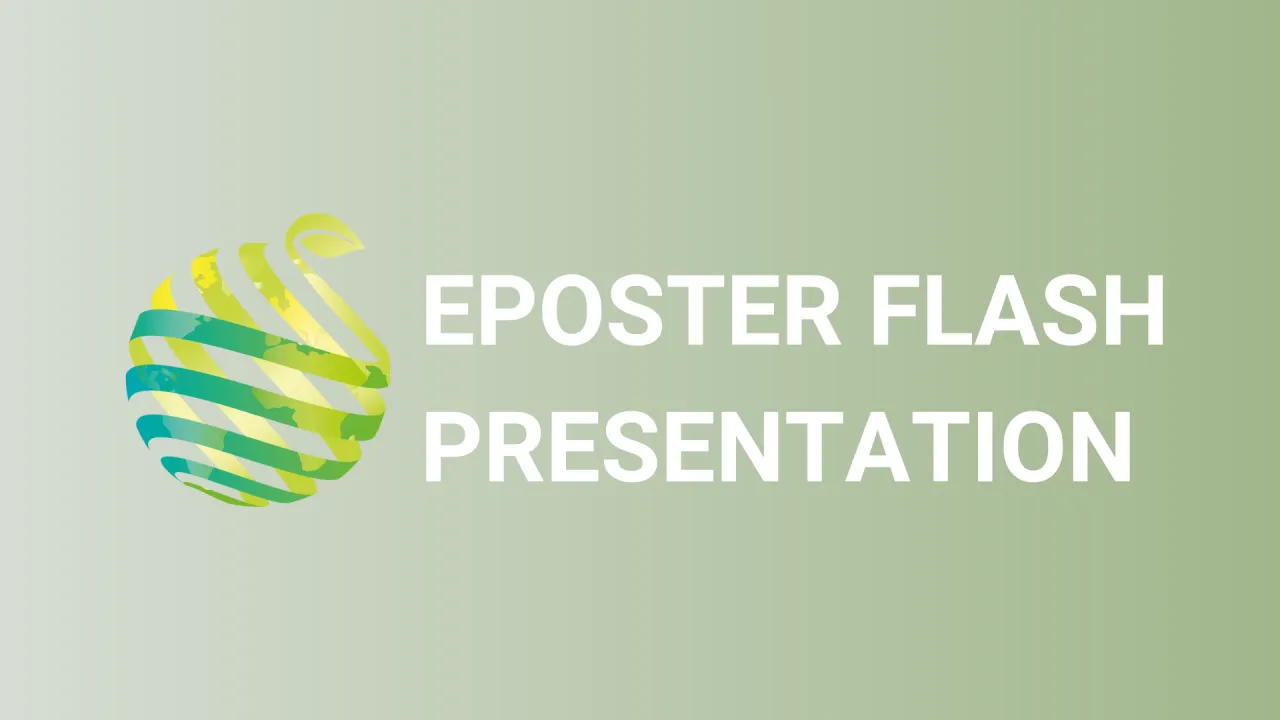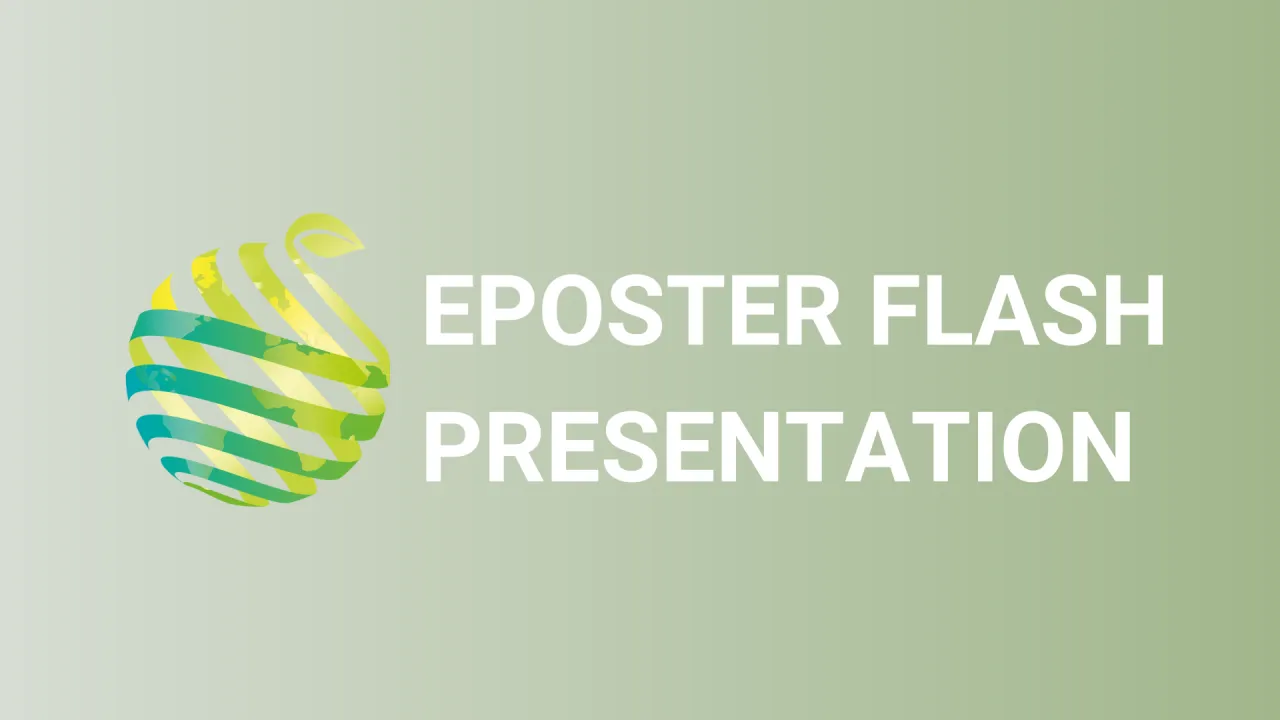

S09 - Session P2 - Development of a low-tech bioponic method using mineralised chicken and goat droppings to produce lettuces
Information
Authors: Iris Szekely *, Pierre Raulier, Haissam Jijakli
Hydroponics is an excellent alternative method for growing vegetables in urban areas, where access to land is limited. This method is also more water efficient than soil farming, and can be implemented in a low-tech manner, making it accessible to different publics whatever their social geographic conditions. However, it requires until now the use of chemical fertilizers whose extraction and/or production are harmful to the environment, in addition to being a limited resource. Moreover, these fertilizers are often expensive and not always available in more remote areas or developing countries. Therefore, the development of hydroponics using organic fertilizer has great potential. Although of growing interest, this form of organic hydroponics faces some challenges. The nutrients stored in organic matter first need to be degraded and mineralized by microorganisms in order to be available to plants. Some organic compounds can also be toxic to plants. In this context, an experiment was conducted to test a low-tech bioponic method (organic hydroponics method), using chicken and goat droppings. To that end, the organic residues underwent a microbial "digestion", before being used on the plants. This digestion was done in two stages: first an anaerobic fermentation stage, followed by an aerobic mineralization stage. The resulting solutions were then used on lettuce in hydroponics, and compared to a conventional nutrient solution made from mineral fertilizers. Results showed that lettuce grown with the chicken faeces nutrient solution reached about 70% of the yields obtained in conventional hydroponics. For its part, the goat faeces nutrient solution resulted in about 50% of the yields compared to conventional hydroponics. The technique is the subject of ongoing research to optimize it and it is being implemented in refugee camps located in the Sahara desert.